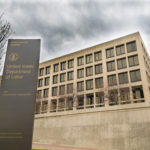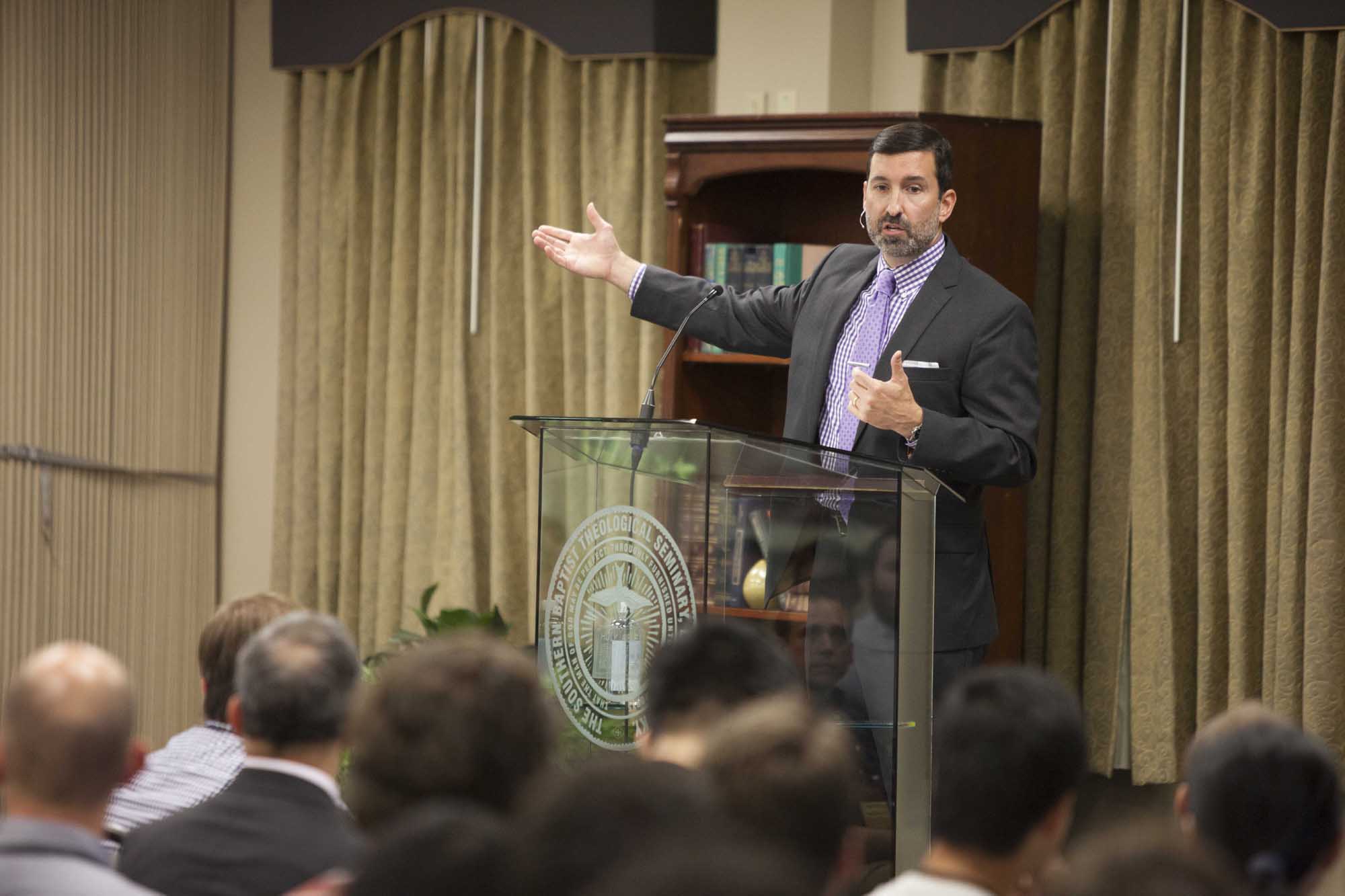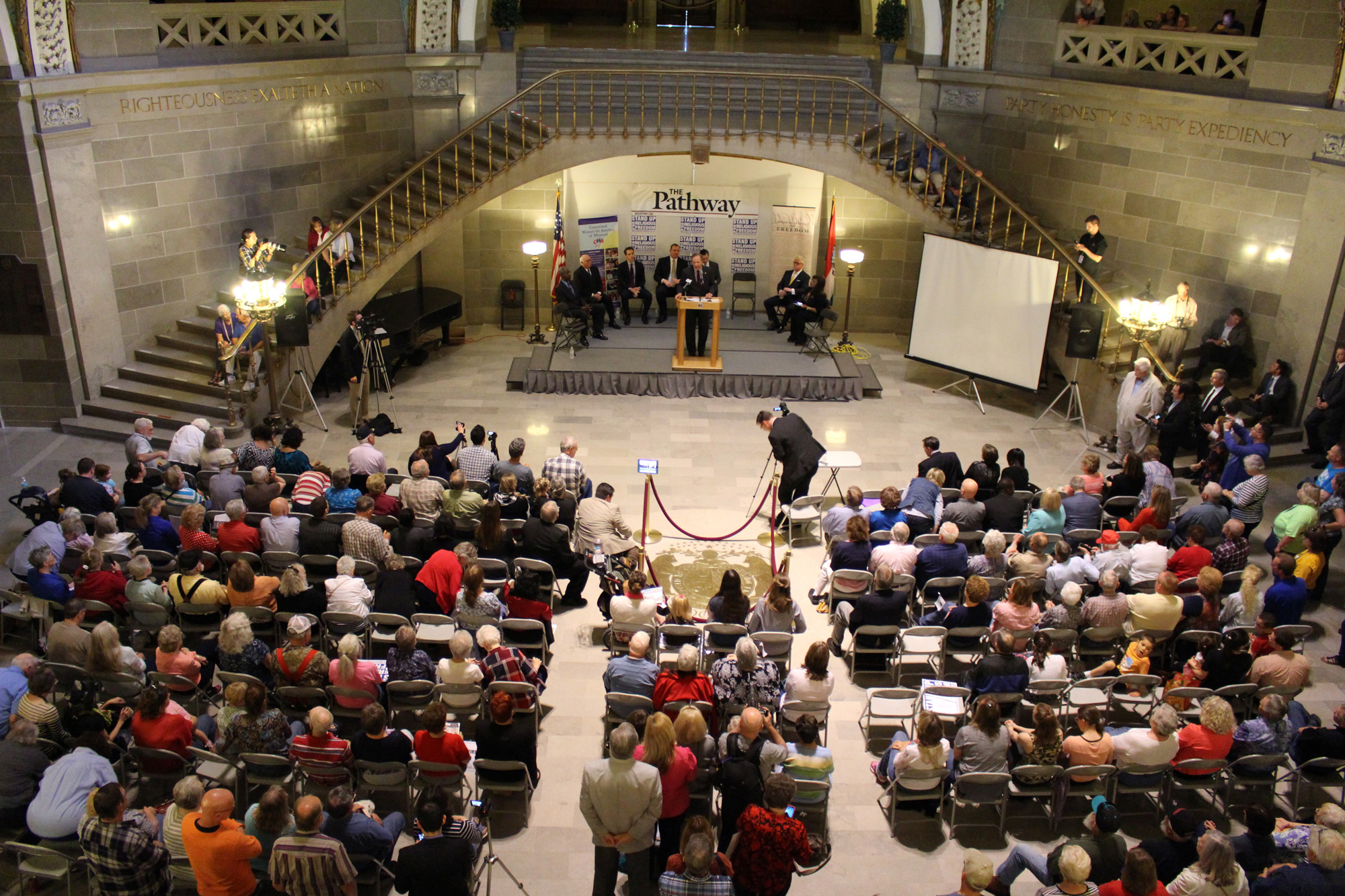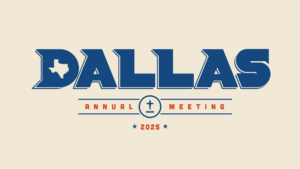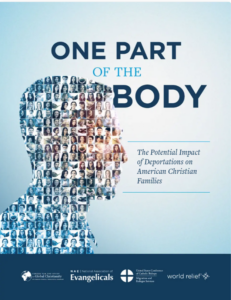
AUSTIN, Texas (BP) — National and state Baptist entities have called on the Texas Supreme Court to uphold the First Amendment rights of churches to practice their faith and govern internally according to their beliefs.
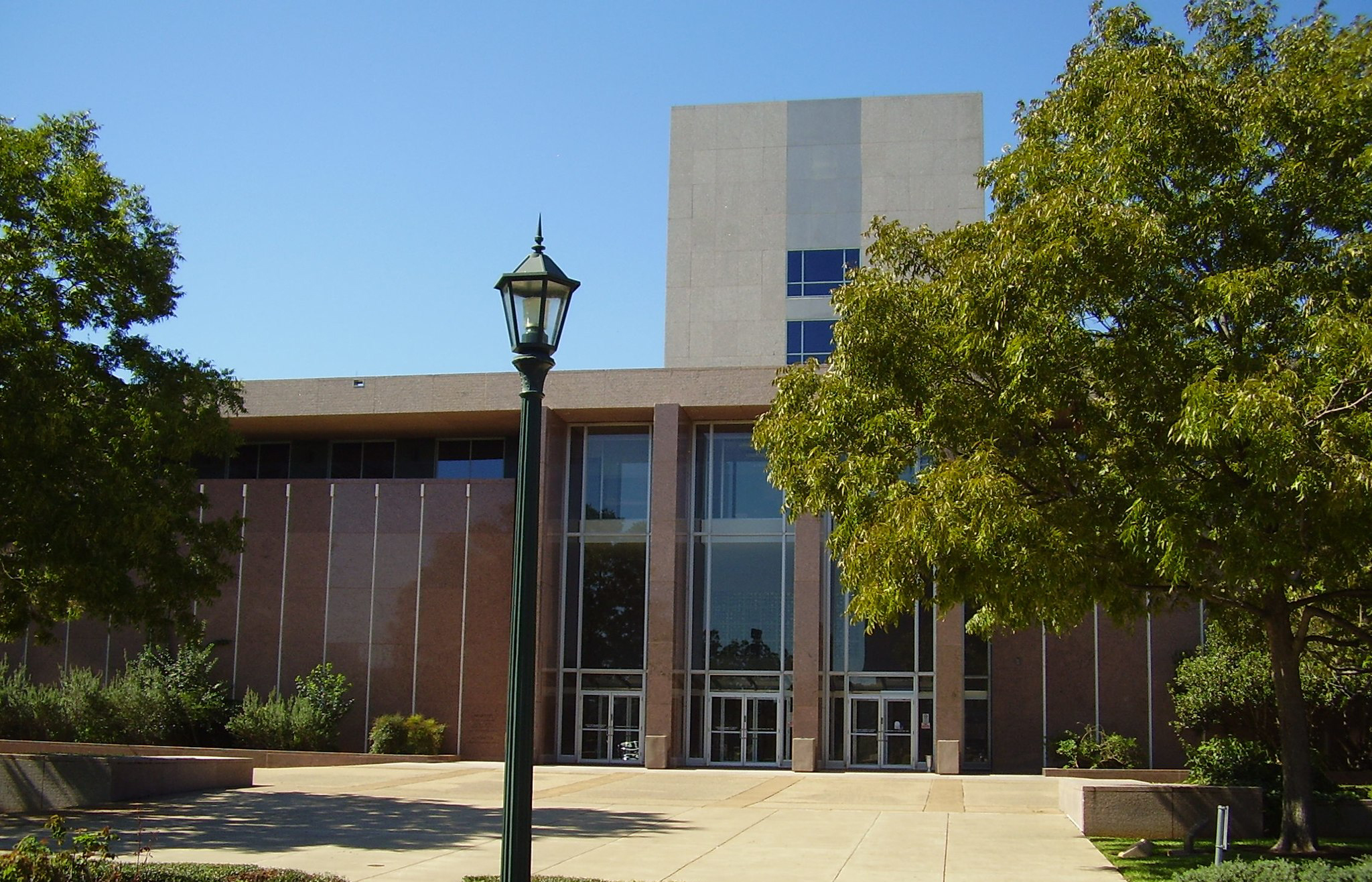 The Southern Baptist Ethics & Religious Liberty Commission (ERLC) joined with a committee of the Southern Baptists of Texas Convention and the Christian Life Commission of the Baptist General Convention of Texas in a friend-of-the-court brief filed April 21 that asked the state’s justices to reverse a lower-court opinion against the Roman Catholic Diocese of Lubbock.
The Southern Baptist Ethics & Religious Liberty Commission (ERLC) joined with a committee of the Southern Baptists of Texas Convention and the Christian Life Commission of the Baptist General Convention of Texas in a friend-of-the-court brief filed April 21 that asked the state’s justices to reverse a lower-court opinion against the Roman Catholic Diocese of Lubbock.
The case involves a defamation suit by Jesus Guerrero against the Lubbock diocese for publishing his name in a list of clergy who had been credibly accused of sexual abuse of a minor. The Court of Appeals for the Seventh District of Texas rejected the diocese’s appeal to what is known as the “ecclesiastical abstention doctrine,” which protects the autonomy of religious organizations.
As of Thursday (May 7), the Texas Supreme court had yet to announce if it would review the appeals court decision.
In their brief, the Baptist entities said the appeals court ruling violated the religious free-exercise right of not only the diocese but Baptist churches and other religious organizations.
“The ability of a church to manage its internal affairs matters both to uphold fundamental religious freedom rights but also as a sign to the watching world of the Lordship of Christ,” said Travis Wussow, the ERLC’s vice president for public policy. “This diocese sought to do the right thing by confronting sexual abuse in a transparent manner with their congregation.
“As we noted in our brief, a church’s confession of its sins, not only to its own members, but also at times to the public, is central to faithfully living out its mission,” Wussow said in written comments. “This is a uniquely unifying case, and, as Baptists, we are glad to stand alongside the Catholic Diocese of Lubbock before the Texas Supreme Court.”
Nathan Loudin, chairman of the Southern Baptists of Texas Convention’s Ethics and Religious Liberty Committee and pastor of Millwood Baptist Church in Austin, said in writing, “Many internal practices of local churches become publicly known, such as the care and discipline of its members. When the Lubbock court upheld the decision on disclosure, it threatened the freedom of local churches to practice biblical church discipline. In doing so the court infringed on the rights to free exercise of religion in the First Amendment.”
Gus Reyes, director of the Baptist General Convention of Texas’ Christian Life Commission, expressed gratitude to God “for the opportunity to join alongside brothers and sisters in Christ and share our concerns through this amicus brief.”
“The Christian Life Commission has a longstanding history of affirming and advocating for the principles of religious freedom and freedom of speech,” Reyes said in written remarks. “When it comes to keeping children safe at church, we also affirm an increased practice of transparency to protect the most vulnerable among us.”
Guerrero served as a deacon, an ordained member of the Catholic clergy, when he was suspended in 2003 and removed in 2007 for alleged sexual misconduct with a woman who is mentally challenged. Like other Texas Catholic dioceses, the Diocese of Lubbock published on its website in January 2019 the names of clergy who had been credibly accused of sexually abusing a minor. The U.S. Conference of Catholic Bishops had urged such action by dioceses to re-establish confidence in the church in the wake of its clergy sex-abuse scandal.
Guerrero called for the diocese to remove his name because he had not sexually abused a child. The Catholic Church’s canon law, however, defines a minor as not only an under-age child but a person who is considered vulnerable because of “a health or mental condition,” according to a brief by Becket, a religious liberty organization representing the Lubbock diocese.
In their brief, the Baptist entities said the appeals court shows “a startling disregard for the public, evangelical mission of the church.”
If the church is to be “a light to the world,” it must “hold itself accountable” to the standards it embraces, according to the brief.
“The church’s confession of its sins and the sins of its clergy, not only to its own members, but also at times to the public that the church seeks to reach, is central to living out its religious mission,” the brief said. “The protections of the First Amendment’s free exercise clause do not end at the church’s doors.”
The brief also contended that the communication of the discipline of a minister to a church “does not cease to be a matter of the church’s internal affairs” just because people outside the congregation become aware of it.
When “allegedly defamatory communications” are communicated for religious reasons or as part of a religious organization’s internal governance, “there is no reasonable basis for denying First Amendment protections to such communications based on the breadth of their publication because the breadth of their publication has no impact on their basic religious character,” according to the brief.

